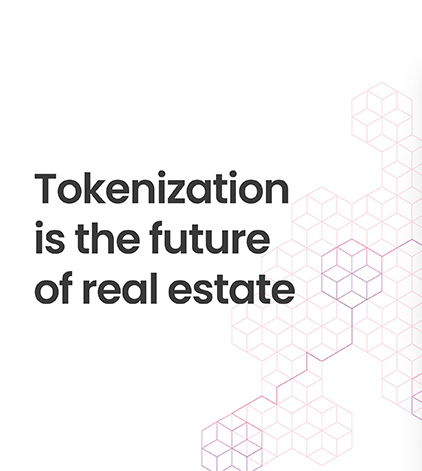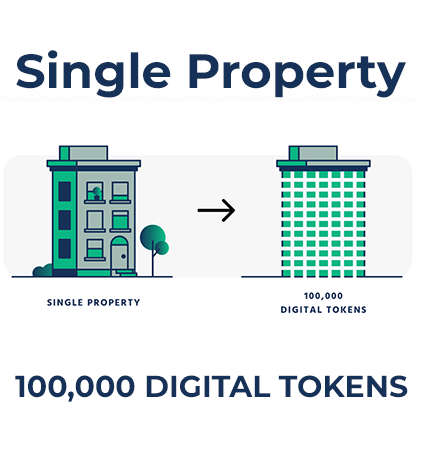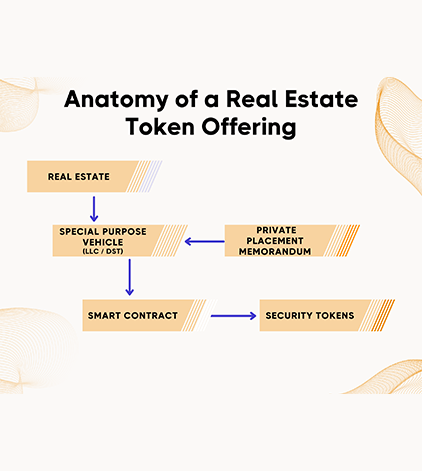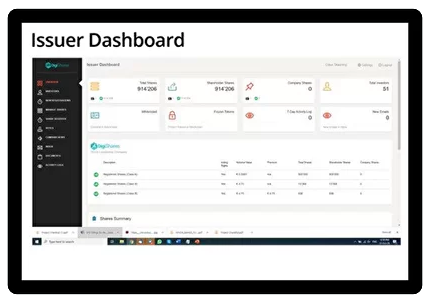Access stable cash flow and long-term growth through tokenized SFR investments in high-demand markets.
RealFi Network connects investors with high-growth single-family rental opportunities, combining stability, scalability, and modern investment structures for long-term wealth creation.

We strategically acquire and develop purpose-built single-family rental communities in high-demand locations, ensuring long-term rental income stability.
Explore More
Partnering with top-tier property management firms, we use AI-driven analytics and automation to maximize occupancy, minimize expenses, and optimize rental returns.
Explore More
Through fractional ownership and tokenized real estate, RealFi makes SFR investments accessible to a global investor base with flexible entry points.
Explore MoreRealFi Network provides investors with access to high-yield single-family rental portfolios. Watch the video to see how tokenization is revolutionizing the residential rental market.
Invest in Scalable SFR Portfolios
Participate in High-Growth Markets
There are several notable case studies of successful tokenized properties and real estate projects that have demonstrated the success of blockchain-based tokenization in the real estate industry.
The real estate market faces acute challenges, including high investment barriers, limited liquidity, and accessibility constraints for individual investors, and international investor accessing the U.S. market.
High unit values in real estate create a significant barrier for potential investors. Traditional real estate investing often requires substantial capital commitments, making it inaccessible for many individuals. With residential property prices starting around $50,000 and luxury or commercial units valued in the millions, these high investment thresholds deter those who lack the resources or are unwilling to allocate such large sums to a single investment opportunity.
Fractional ownership allows multiple investors to co-own a property, reducing the individual financial burden and enabling smaller investment sizes. However, the traditional real estate market offers few opportunities for such ownership structures. While REITs (Real Estate Investment Trusts) provide one solution, they are often constrained by stringent legal and regulatory frameworks, limiting their accessibility and appeal to a broader investor base.
The real estate market is notoriously illiquid, with selling properties often being a lengthy and complex process. High unit values and extended transaction timelines further deter investor interest, creating significant barriers to entry. These challenges not only limit opportunities for investors but also pose obstacles for property managers and construction companies seeking to optimize their portfolios and cash flow.
Real estate sales agencies often charge commissions as high as 10%, adding substantial costs to transactions. Despite these fees, property managers are still required to invest time and resources into marketing individual units, further eroding profit margins and reducing overall returns.
